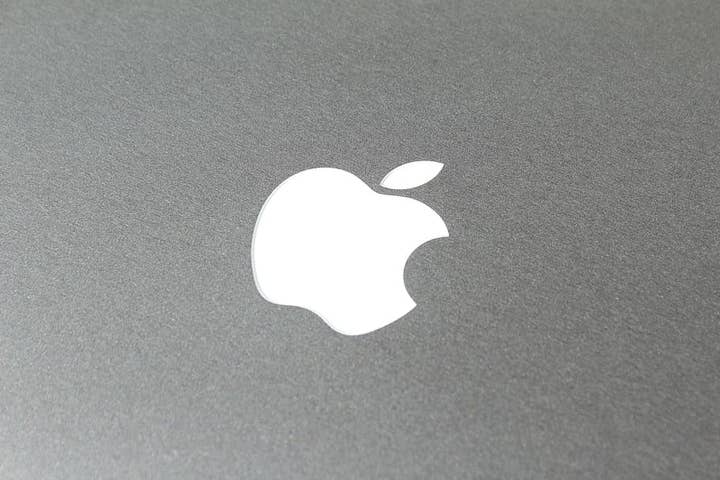Apple software engineering head explains core differences between iPhone and Mac security
Craig Federighi argues that casual iPhone users are more susceptible to malicious attacks, therefore must be protected
On Wednesday, Apple software engineering head Craig Federighi testified in court, and was tasked with explaining the key security differences between iPhone and Mac operating systems.
Alongside the Apple App Store, macOS systems also allow for third party software downloads. However, iOS systems found across iPhone and iPad do not, and have never allowed for third party downloads.
One of Epic's key arguments in this trial is that by not allowing third party downloads or app stores on iOS, Apple's behaviour can be considered anti-competitive and monopolistic.
Federighi started by stating that there are far more iPhone users than there are Mac users, and there always has been. With this in mind, he said that the iPhone is likely to suffer more attacks from malware developers.
"There are less than a tenth as many Macs out there in active use than iOS devices, so from an attacker's point of view, iOS is a much more attractive market to go after," he said.
He also argued that iPhone users are much more casual than Mac users, and are more liable to download malicious software without realising.
"iOS users are just accustomed to getting apps all the time," Federighi said, before quoting Apple's classic slogan: "There's an app for that."
Federighi also brought up data sensitivity alongside the more casual nature of iPhone users. A mobile device is designed to be taken everywhere and will carry a user's most sensitive details -- contacts, photos, documents, bank details, and even their location -- at any given time.
"iPhones are very attractive targets," he added. "They are very personal devices that are with you all the time. They have some of your most personal information -- of course your contacts, your photos, but also other things."
"All of these things make access or control of these devices potentially incredibly valuable to an attacker."
As a final point, Federighi also argued that iPhone and Mac are built for two very different audiences -- the latter being far more technologically literate.
He implied that Mac computers are sold as specialist devices for professionals that generally understand how to download software safely. However, iPhones are marketed towards those that might not know how to protect themselves from malicious attacks, such as children.
"The Mac from the beginning has been part of a generation of systems where the expectation is you can get software from wherever -- you can hand it to your friend on a floppy disk and run it, that's part of the expectation. But Mac users also expect a degree of flexibility that is useful to what they do. Some of them are software developers, some of them are pros running their unique tools, and having that power is part of it," Federighi said.
"I think of it as if the Mac is a car -- you can take it off-road if you want, you can drive wherever you want. And that comes with being a driver, you gotta be trained, there's a certain level of responsibility in doing that, but that's what you wanted to buy. You wanted to buy a car.
"With iOS, we were able to create something where children -- heck, even infants -- can operate an iOS device, and be safe in doing so. So it's a really different product."
You can follow all of our Epic vs Apple coverage here, or read the highlights in our ongoing roundup.

